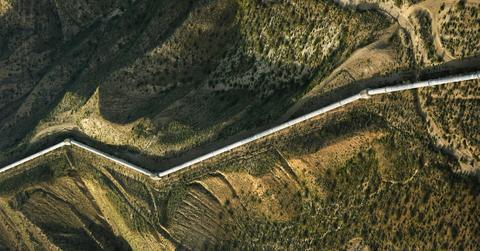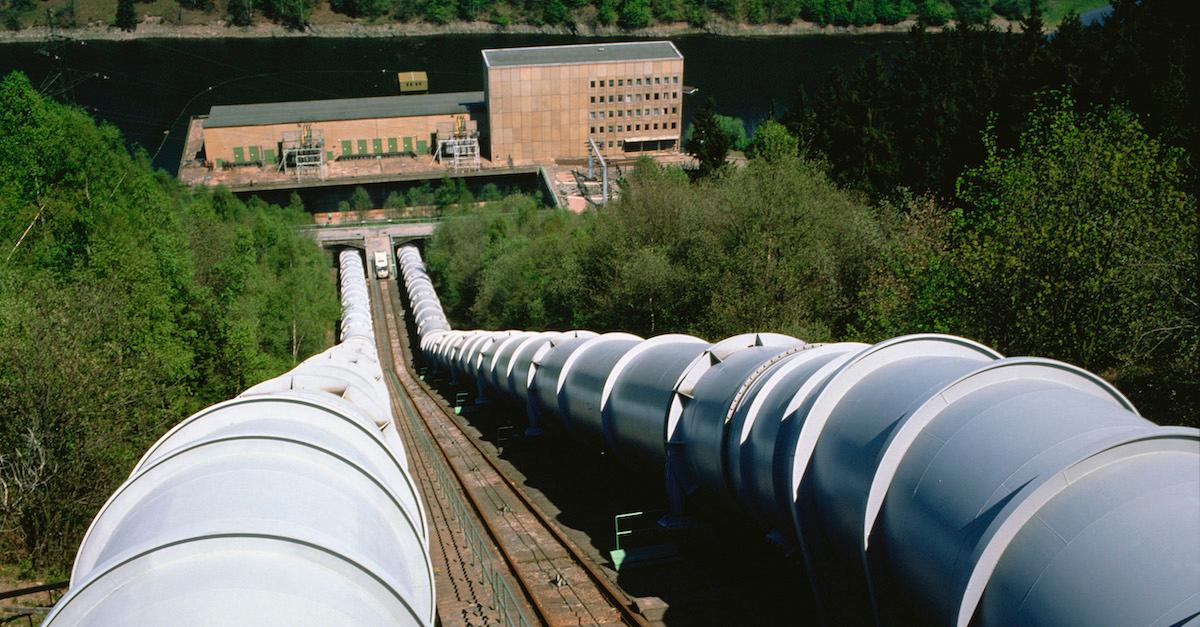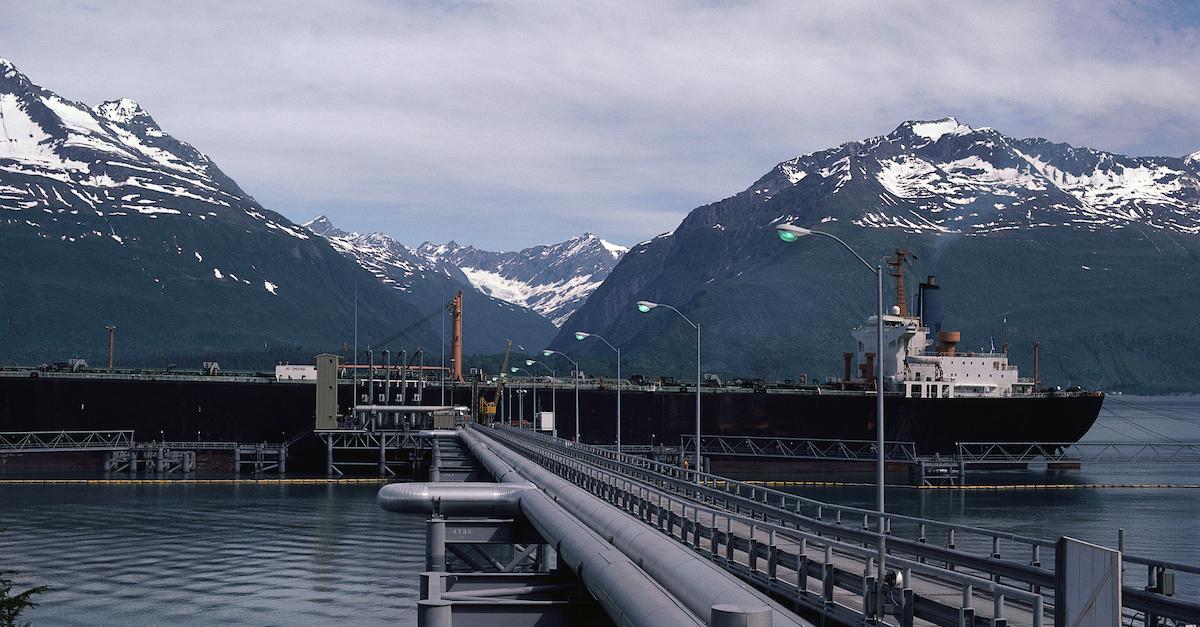The EPA Reverses Trump Rule — States and Tribes Can Veto Pipelines, Once Again
Published June 3 2022, 11:29 a.m. ET

There are countless reasons why certain states and communities may want to veto the implementation of a pipeline. They can take a serious toll on the local biodiversity and surrounding communities. And while individual tribes and U.S. states had been allowed to veto pipelines before Trump was elected president, the Trump administration made it so states could no longer do so.
That's why environmentalists are thrilled that the EPA has officially decided to reverse that rule.
“I applaud EPA’s announcement today to restore the rights of states, territories, and Tribes to safeguard their water resources — an essential tool for states to protect their people, local economies, and public health,” U.S. Representative Peter DeFazio, Chair of the House Committee on Transportation and Infrastructure stated, according to a press release.
“This marks yet another step the Biden Administration has taken to reverse the harmful polices of the Trump era and to uphold the Clean Water Act," DeFazio continued.
"The Section 401 process is a prime example of states and the federal government working together to protect clean water while keeping local expertise in the driver’s seat. The proposed rule-making reinstates our bipartisan commitment to clean water with policies that protect, not pillage, our most precious natural resources.”

The EPA has finally restored states' power to block pipelines.
On Thursday, June 2, the Biden administration made some serious moves to return the power to U.S. states, tribes, and territories, once again allowing them to veto energy projects that could be environmentally destructive.
According to the press release, this comes two years after Trump reversed the The Clean Water Act in 2020, which allowed individual states the right to deny these projects to protect biodiversity and surrounding communities.
Pipelines tend to run through bodies of water that tribes and other vulnerable communities rely on, poisoning their food and water resources, taking a toll on their economy, polluting the air, and posing other health hazards.
In 2017, for example, Washington Gov. Jay Inslee denied the construction of a coal export facility on the Columbia River, per The New York Times. Likewise, New York Gov. Andrew Cuomo denied a pipeline to Pennsylvania in 2020. But Trump took away the power to do this.
Trump's officials felt that Democratic states were abusing the power by holding energy projects "hostage." But environmental organizations and Democrats, on the other hand, felt the Trump administration was using this to progress the oil industry with no regard to the planet's wellbeing.
In 60 days, The Clean Water Act — pre-Trump administration — will finally be restored.

Will the EPA's recent ruling raise gas prices?
Due to the ban on Russian oil, gas prices are incredibly expensive right now. That's why Republicans and energy companies alike are concerned this move will make it even more difficult to demand and lower gas prices, according to Axios.
However, according to NYU professor, Richard L. Revesz, it isn't believed that this will affect gas prices at all.
“The rule was in place since 1971 and the Trump administration moved to undo it, basically constraining the ability to challenge the environmental impacts of projects,” Revesz told The New York Times. “Keeping the Trump rule in place is not going to keep gas prices low, and removing the Trump rule is not going to raise gas prices,” Revesz stated.
Needless to say, a little bit of power has been returned to the people, in the name of conservation.